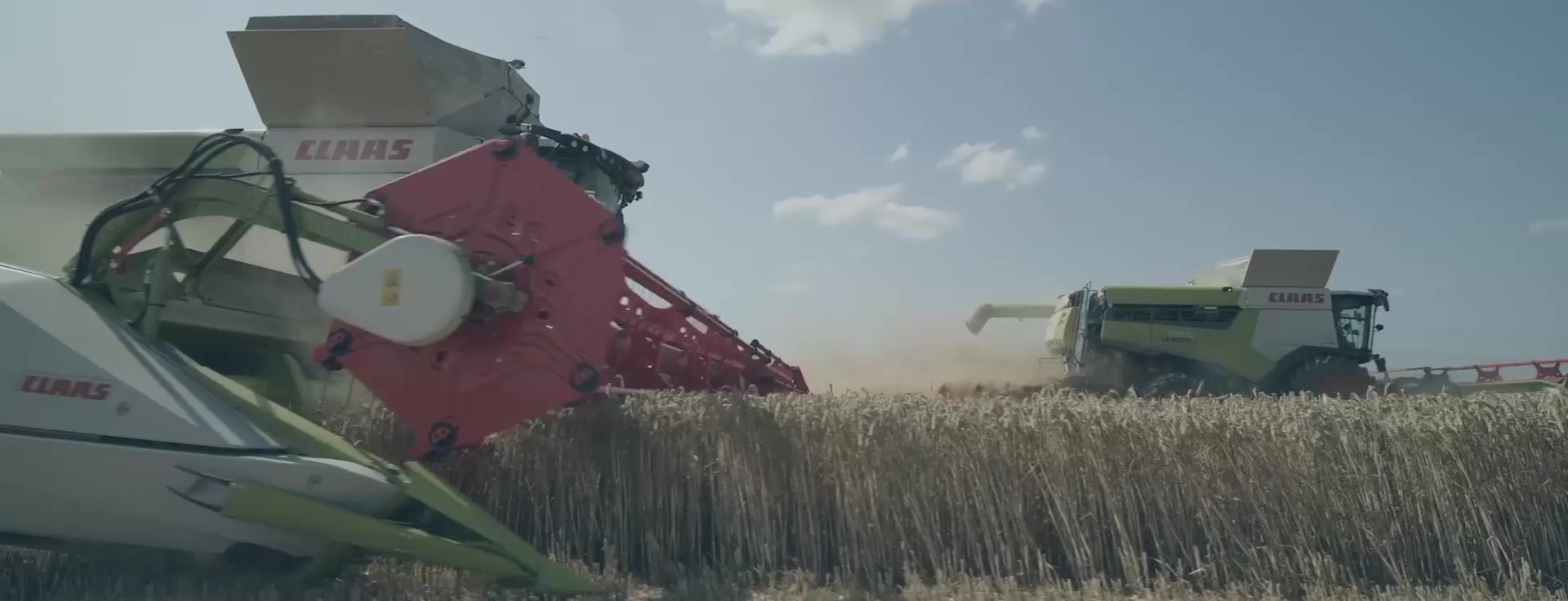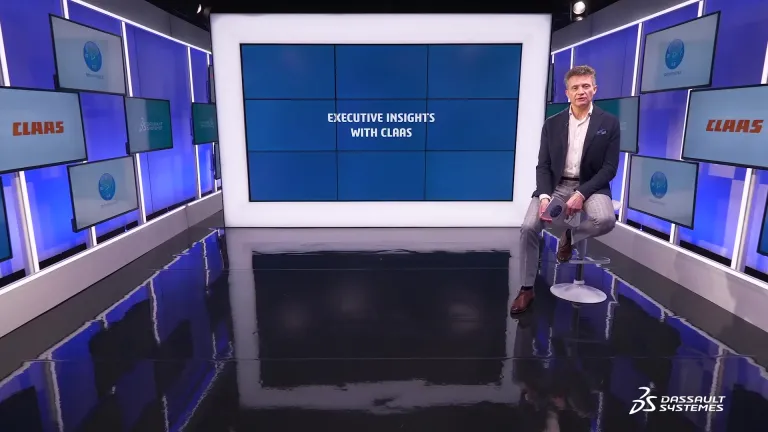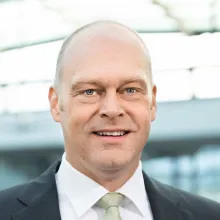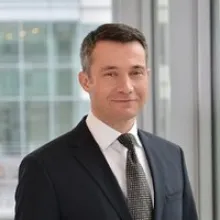Executive Insights - CLAAS
Discover the first episode of our Executive Insights video series with Thomas Böck, CEO of CLAAS, and Phillippe Bartissol, VP of Industrial Equipment at Dassault Systèmes.
Perspectives from leading enterprise executives in Industrial Equipment
Partners for over decades, CLAAS enabled Dassault Systèmes to improve its industry solutions by sharing specialized industry knowledge. In turn, these solutions supported CLAAS in its digital transformation while achieving breakthroughs in sustainable innovation and manufacturing.
In the opening episode, Böck and Bartissol discuss three key challenges in the agriculture industry:
- How to feed the growing population?
- How to meet the demand for eco-friendly machines?
- And how to face the trend toward software-driven equipment?
Video transcript
A family business founded in 1913, CLAAS is a world-renowned manufacturer of agricultural engineering equipment. Headquartered in Germany, Harsewinkel, Westphalia, the company is the market leader in Europe for combine harvesters, a world leader in self-propelled forage harvesters, and a top performer in agricultural engineering with tractors, agricultural balers, and green harvesting machinery.
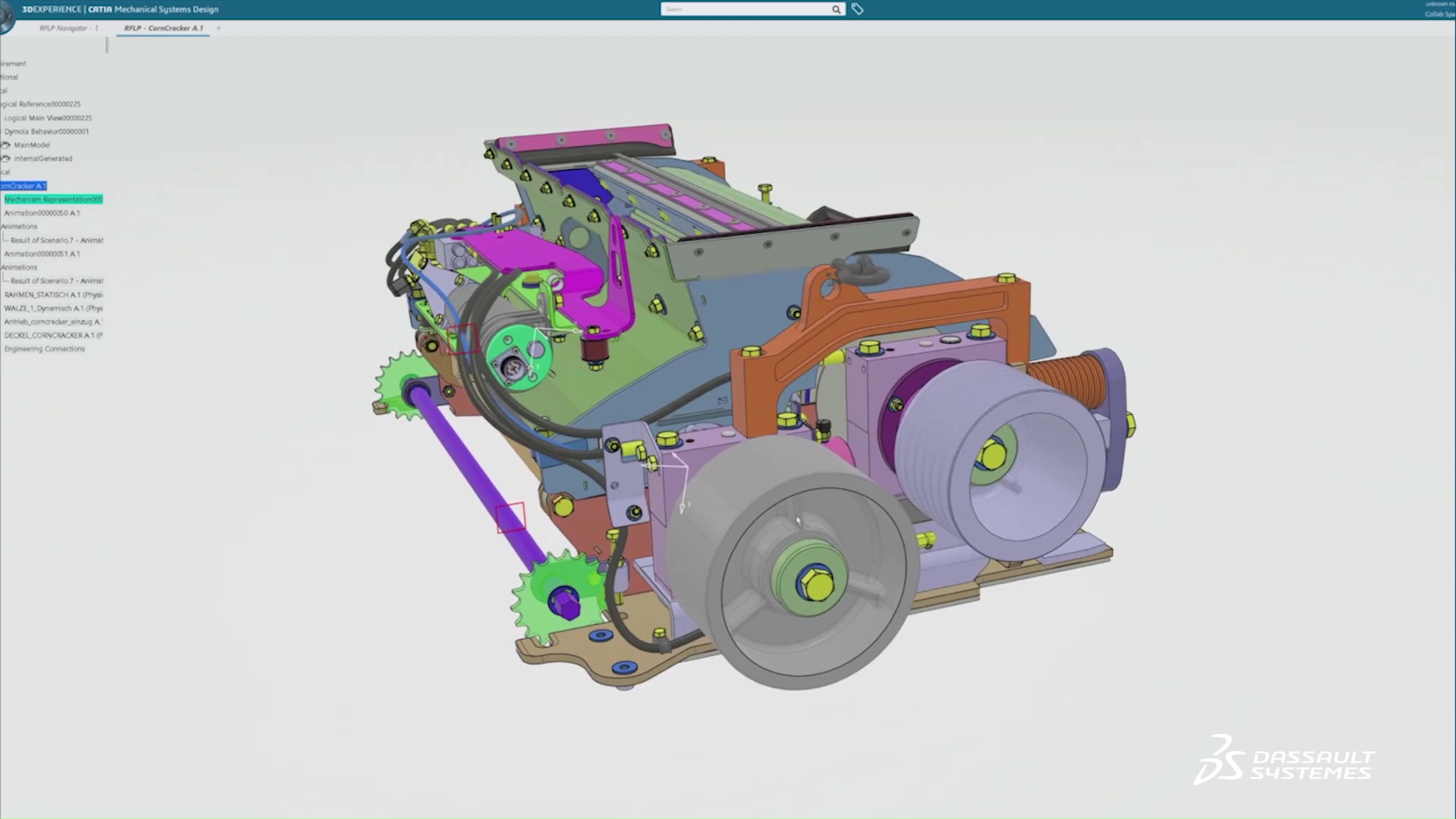
Meet Our Speakers
We Help Our Clients Create an Impact
Watch engaging thought leadership discussions with our customers, discover how we are empowering tomorrow's talents, and explore how our leading industry solutions and transformative experiences are supporting our clients.
